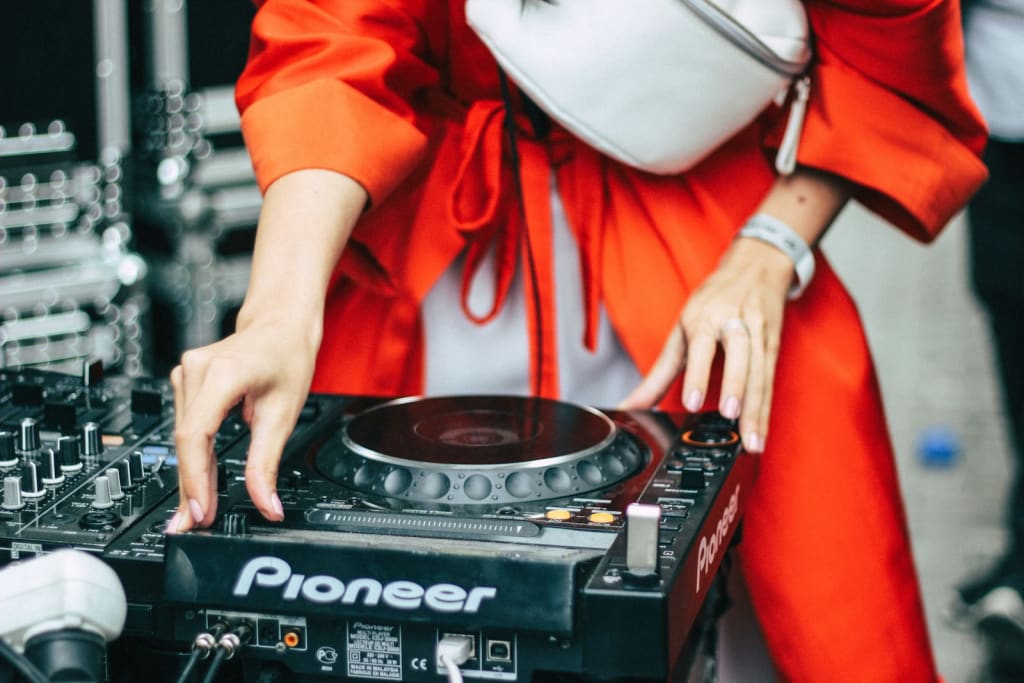Music in the Moment: How Sound Is Shaping Our Digital Lives
Introduction
Music has always been a part of human life, but in the digital age, its role has evolved beyond entertainment. Today, music is how we express identity, shape emotion, and connect across cultures. Whether you’re curating a Spotify playlist to boost your mood, discovering a new indie artist on TikTok, or exploring AI-generated beats, music in 2025 is more accessible, personal, and powerful than ever.
The Rise of AI-Generated Music
Artificial intelligence is not just changing how we listen to music—it’s changing how music is created. Platforms like Suno and Udio allow users to generate original songs with simple text prompts. Artists are collaborating with algorithms to create new sounds, while fans are remixing AI tracks into viral hits.
While this sparks debate around authenticity and artistry, it also opens the door for new voices. In the age of AI, anyone with a creative idea—not just technical skill—can compose something beautiful.
TikTok and the Short-Form Music Boom
Social platforms have become music’s most powerful stage. A 15-second clip can now launch a global hit, and emerging artists are finding fame through viral trends instead of record labels. TikTok, Instagram Reels, and YouTube Shorts are shaping music consumption—prioritizing catchiness, relatability, and replay value.
This shift has also brought diversity to the mainstream. Regional sounds, niche genres, and multilingual tracks are getting more recognition than ever before.
Independent Artists Take the Lead
With the rise of distribution platforms like DistroKid and Bandcamp, independent musicians no longer need major labels to build a loyal following. They control their image, their sound, and their revenue—often connecting directly with fans through live streams, Patreon, or Discord communities.
In 2025, being indie isn’t a limitation—it’s a movement. It’s about freedom, authenticity, and building music careers on your own terms.
Music as a Tool for Wellness
More people are turning to music for mental health and self-care. Whether it’s through binaural beats for focus, lo-fi playlists for anxiety relief, or ambient soundscapes for sleep, music is being used intentionally to heal, recharge, and cope.
Apps like Endel and Calm are blending neuroscience with sound design, creating personalized audio for different moods and tasks. Music is no longer just art—it’s therapy.
The Future: Immersive, Interactive, and Personalized
The next frontier in music is all about experience. Virtual concerts in the metaverse, interactive albums, and AI-generated soundtracks that adapt to your mood or movement are becoming real. Music is becoming more than something we hear—it’s something we live inside.
As technology evolves, one thing remains true: music continues to unite us, inspire us, and define the moments that matter.
Conclusion
In this fast-paced, digital-first world, music is our emotional anchor. It’s how we celebrate, grieve, focus, connect, and dream. As platforms, creators, and technologies evolve, so too does our relationship with sound. And whether it’s made by a human hand or an AI algorithm, the right song at the right time still has the power to change everything.
